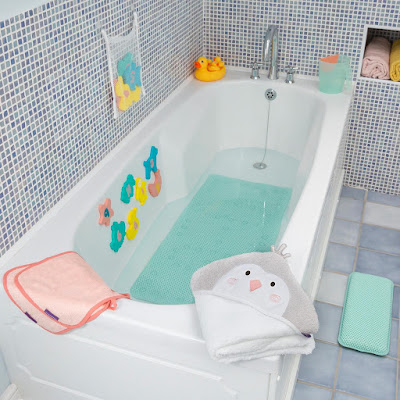The one room in the house that is exposed to lots of water is the bathroom. Because of the large usage of water in bathrooms, there is a probability of water leaking in behind walls and below flooring, resulting in water damage. When the damage is not fixed in time, issues like mold and architectural damage may creep up on you bit by bit. Not just would it need substantial efforts to fix but also involve expensive. So when it appears time to selling your home, the Building and Pest Inspection Report will show any water damage issues to your possible buyers. To help avoid water damage in your bathroom Your Building Inspector have some helpful tips so that you can consider it.
Keeping these matters in mind will assist you to reduce any damage which may result from the accumulation of dampness in your bathroom. Following these tips can keep areas in good condition and make sure that the money spent on your bathroom doesn’t be wasted through damage.
Whether you’re selling your property or investing in a new one, book a Pre Purchase Building and Pest Inspection with the Building Inspector and one of the certified inspectors will report back with any water damage problems they locate.
View more here: HouseCheckNSW
Look out for symptoms of leaks:
When you notice any damp odors, yellowing of walls or floorings, or effervescent of plasterboard, these could signify there’s a leak someplace. Test the walls to understand if any areas have gone much softer than the others. Look for leaks below vanities and don’t ignore the sink trap. If any of these problems happen, identify the source of the leak and have it fixed promptly.Repair or change tiles:
If the bathroom tiles are damaged, broken, or not in the position, there is a probability of water making their distance to walls and beneath floors. To prevent any water damage, you should fix or change the tiles. You have to caulk together sinks, showers, tubs, and damaged grout.Examine valves:
One more tip to help avoid water damage in the bathroom is to have the valves of the sinks, showers, and toilets examined regularly to ensure they are in working condition. Moisture or yellowing around the valves are often symptoms of a leak. When you notice any such issues call an expert to check out the problem.Update to modern models:
Studies have shown that toilets account for roughly 40% of the yearly use of water. Adding to this, older types of showerheads may also use twice the quantity of water utilized by newer models. We recommend changing your old fixtures by replacing to newer models. This will help keep water usage under control and avoid possible water damage in your bathroom on the way.Unblock the drain/get a plumber:
In case you are facing a slow draining sink, it may be because of a block. Get some drain cleaner the next time you’re at Bunnings and continue with the instructions. When it doesn’t help to unblock the drain, contact a plumber to examine the trap for blocks. Make sure no water is collected and sitting in the spot around the sink.Drop items into the bin:
Apart from toilet tissue, no other object should go on the toilet. Have a bin in the bathroom to throw out this kind of object. Don’t wash big clumps of hair down the sink, this can also result in major blockages. Rather, always throw out hair in the trash bin.Switch on the exhaust fan:
One more useful idea to help you avoid water damage in your bathroom is to ensure you turn on the exhaust fan when you utilize the shower or tub. The fan helps to remove extra dampness from the bathroom, avoiding mold and odor problems. Regarding high humidity levels, you can place a dehumidifier in the bathroom.Drain water:
Drain all water from the bathtub after use. Make sure to also remove any water located on the floor. This will assist avoid any possible water damage. Ripped bathtub curtains or shower doors getting damaged seals needs to be changed.
Utilize bath pads:
Place bath pads on your bathroom floor to absorb water when you leave the shower or bathtub. They help lower the risk of excessive water gathering on the floor.Going on vacations:
When you’re going on vacations, or simply leaving the home for the weekend, it’s smart to turn off the water supply to the whole house. A burst pipe or equivalent emergency when nobody is home can be catastrophic!Keeping these matters in mind will assist you to reduce any damage which may result from the accumulation of dampness in your bathroom. Following these tips can keep areas in good condition and make sure that the money spent on your bathroom doesn’t be wasted through damage.
Whether you’re selling your property or investing in a new one, book a Pre Purchase Building and Pest Inspection with the Building Inspector and one of the certified inspectors will report back with any water damage problems they locate.
View more here: HouseCheckNSW















